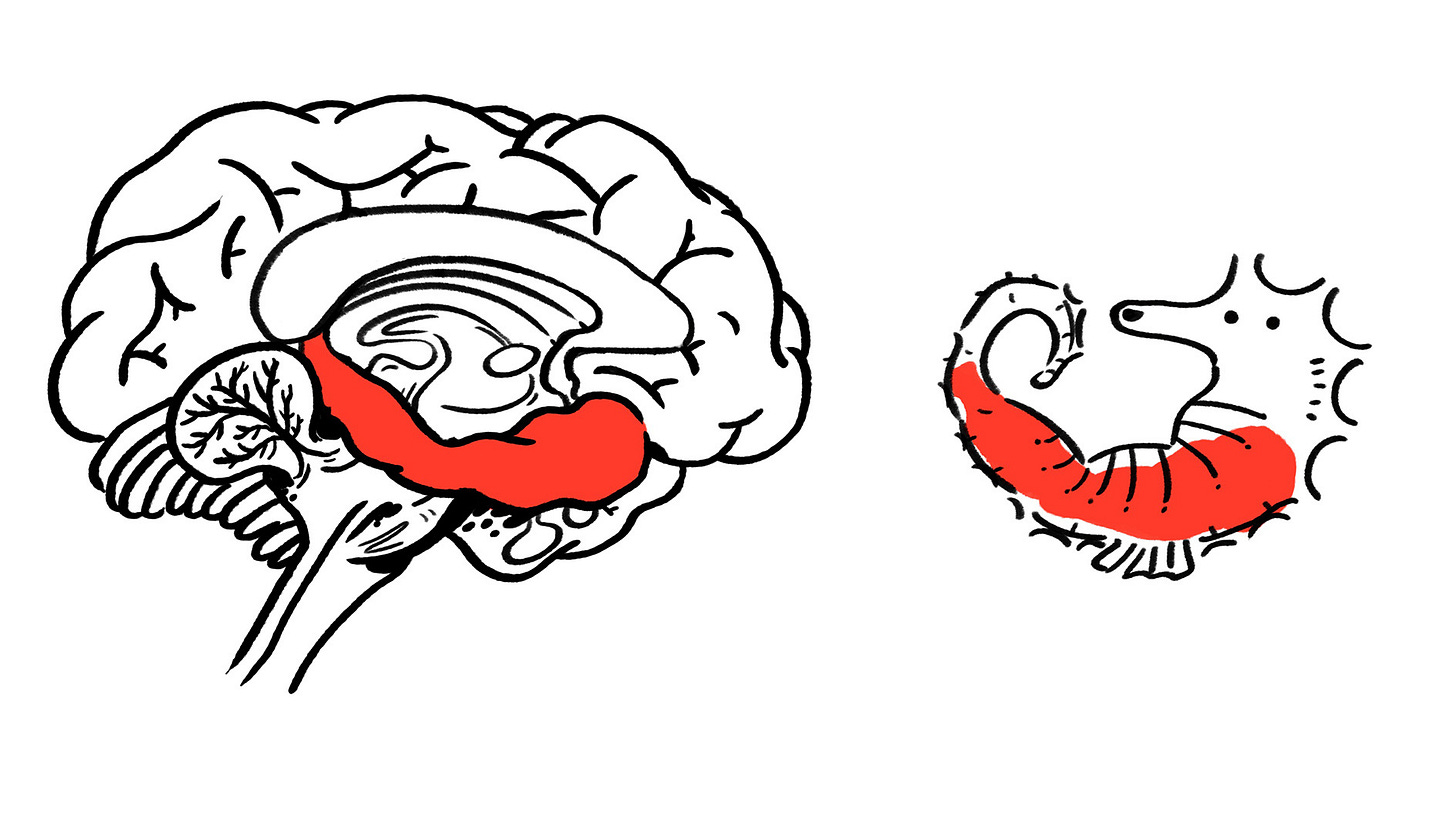Need Help Learning? There's A Nap For That!
How sleep naturally benefits and improves our ability to learn new skills and process memories.
I recently bought myself a new guitar and have spent pretty much every second since playing it, trying to teach myself new songs. But something interesting has been happening every time I’ve been trying to learn something new to play. This is generally the cycle I’ll go through when learning a new song:
Listen to a song and try to play along by ear
Inevitably fail and look for YouTube tutorial
Practice constantly for the next hour but never getting it quite right
Swear loudly and give the guitar the silent treatment for a couple of hours
Pick it back up and immediately play the song correctly (or at least far better than I did previously)
So, this got me thinking how does the neuroscience behind this explain why I’m able to get better at doing something without even practicing in the meantime. Well:
Psychologists call it: ‘The Spacing Effect’
It’s a cognitive psychology theory that has shown the most effective to learn is by spacing out the learning periods, rather than constantly repeating the same thing over and over again in a short period hoping the information will embed itself in your brain. It’s not really anything new though, we all know that a little and often is usually the best revision technique rather than trying to cram everything in for a week straight before the exam.
It doesn’t seem like there’s a single perfect, concrete explanation for why spaced-out learning works best for our brains. One explanation is that it takes time for the necessary cellular pathways to complete which enables connections between neurons involved with the skill to be strengthened. Another study showed that by spacing out learning, the number of cells in the hippocampus (a kind of seahorse-shaped structure in your brain responsible for holding pretty much all of your memories) is higher than if you try to cram in information.
On second thoughts, I think the seahorse comparison is a bit questionable, but that’s what the textbooks say!
Fun fact: thousands of cells are generated in your hippocampus every day most of which will naturally die within a few weeks. So, the idea here is that by spacing out learning sessions you’re increasing the ‘use’ of these new cells and reducing the overall cell death rate meaning that you learn something.
But, something that’s really interesting is a study which used EEG’s (remember that test I spoke about last week which is used to measure the electrical activity of the brain) to show that the electrical patterns our brains produces during non-REM sleep (this is the part of sleep when you’re not dreaming. The average person will only dream for about a total of about an hour and a half every night on average) are the same as those also produced when learning new things.
So, fundamentally, when you’re asleep your brain is working through and processing new information in exactly the same way it does as if you were awake; helping to strengthen and solidify those new neural connections.
Fundamentally, the key point I’m trying to highlight here is the fact that learning is not something we can immediately do (unless you’re one of those frustrating people who has a photographic memory and can read a page once and retain everything on it). Our brains are quite literally unable to immediately take in and retain new information. It takes time for new connections to be built in your brain, but also the cells in the part of your brain responsible for memory need repetition over time to increase the likelihood of keeping them alive. And interestingly, sleeping after trying to learn new information means our brains activity matches the activity it produces when we are first learning the information. Meaning, that we are unconsciously going through the motions involved with whatever that information was to help make sure we retain it in the future.
So, if you’re ever trying to learn something new, spacing out your study periods is the best approach rather than trying to sit down and try to cram everything in the hope it’ll stick (because the chances are really high it won’t). And if you really want to give yourself a good chance of that information sticking, have a nap!
See you next week
Joe


